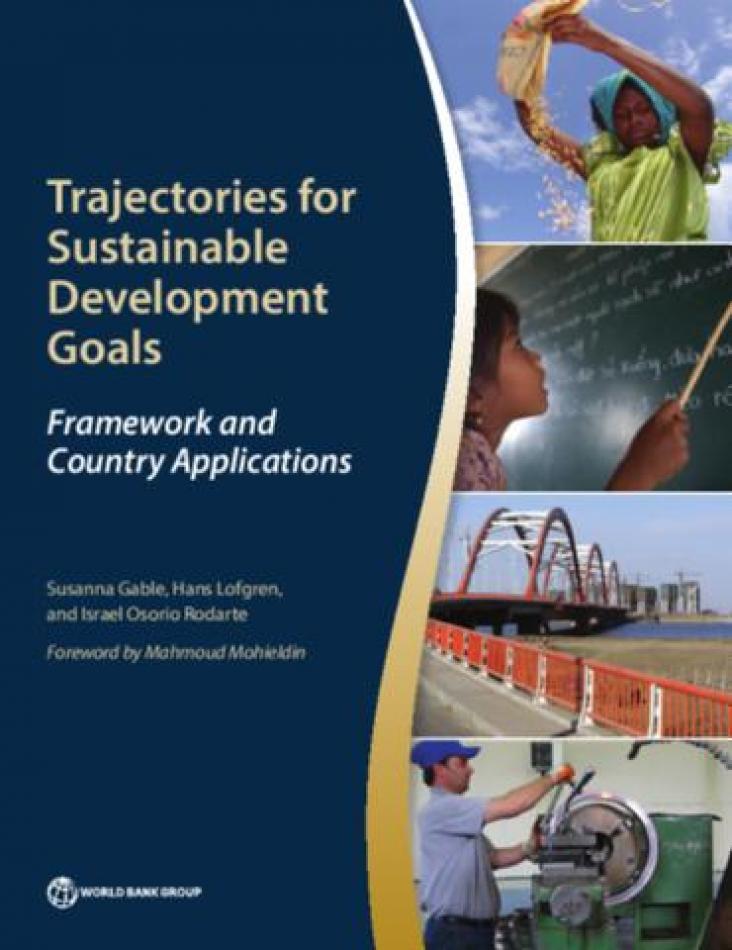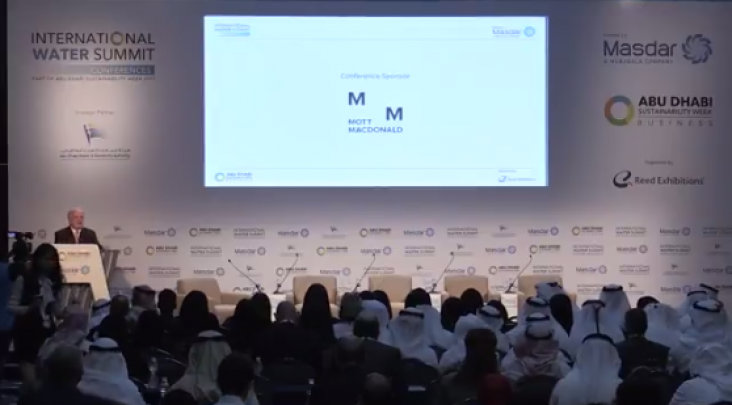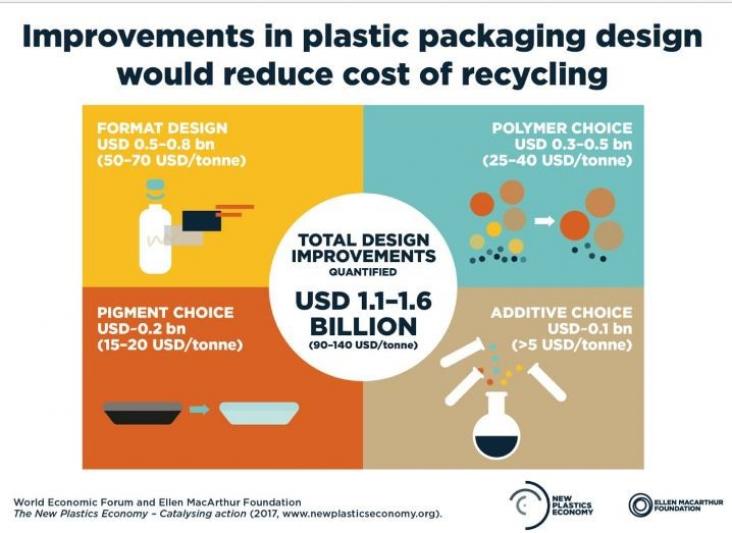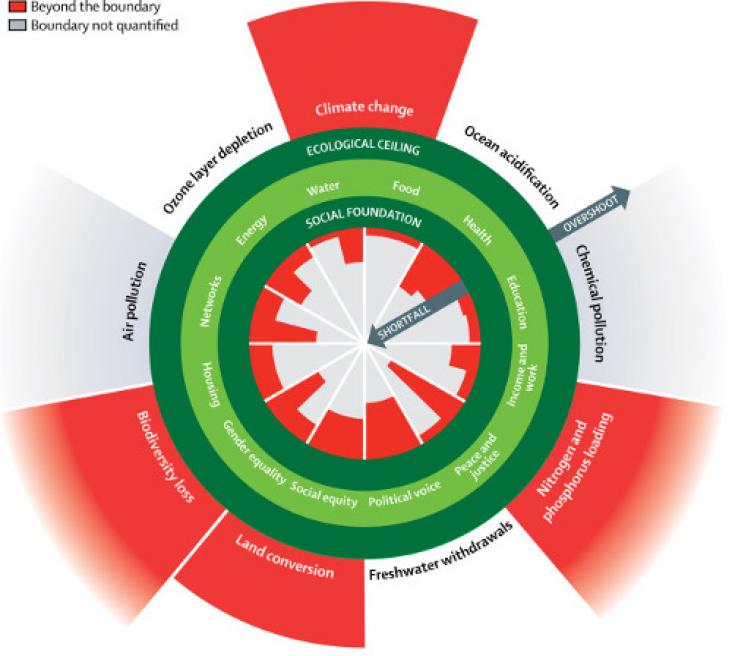Climate change, population growth and rapidly increasing urbanisation severely threaten water quantity and quality in Sub-Saharan Africa.

This book presents the country development diagnostics post-2015 framework, developed by the World Bank Group to assess the country-level implications of the post-2015 global agenda, as well as brief, ‘at-a-glance’ applications of the framework to ten countries: Ethiopia, Jamaica, the Kyrgyz Republic, Liberia, Nigeria, Pakistan, Peru, the Philippines, Senegal, and Uganda.

The RELX Group Environmental Challenge is awarded to projects that provide sustainable access to safe water where it is presently at risk and/or access to improved sanitation. Projects must have clear practical applicability, address identified need, and advance related issues such as health, education, or human rights. There is a $50,000 prize for the first place entry and a $25,000 prize for the second place entry. This directly assists SDG 6.1 and 6.2 to achieve universal and equitable access to safe and affordable drinking water and access to adequate and equitable sanitation and hygiene, for all.
Open defecation is a major global health problem. The number of open defecators in India dwarfs that of other states, and most live in rural places.
Our study illustrates how consumer social risk footprints can assist in achieving the Sustainable Development Goals (SDGs).
Urban water and energy systems are crucial for sustainably meeting basic service demands in cities.

The International Water Summit (IWS) is a global platform for promoting water sustainability in arid regions by bringing together world leaders, field experts, academics and business innovators to accelerate the development of new sustainable strategies and technologies. Videos from the 2017 summit cover a wide range of technologies and innovations which support SDG 6 Clean Water and Sanitation and SDG 11 Sustainable Cities and Communities.

Photos of a beach on Henderson Island in the Pacific Ocean provides yet more evidence of the detrimental impact that packaging and other plastics waste is having on the environment globally. Creating a virtuous circle out of what, until now, has largely been a chain of production from feedstock to consumer will not be easy. But it is the innovation aspect that has fired the imagination of producers, processors and corporate consumers of plastics packaging. This fits with SDG 9.4 to upgrade infrastructure and retrofit industries to make them sustainable, with increased resource-use efficiency and greater adoption of clean and environmentally sound technologies and industrial processes and SDG 7 Affordable and Clean Energy.
Background The availability of freshwater for irrigation in the Indian agricultural sector is expected to decline over the coming decades.


